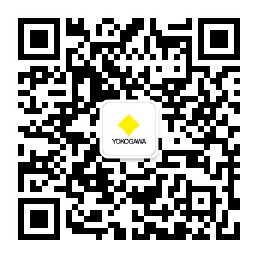For many years, Yokogawa has emphasized the establishment of environmental design standards for products, development of life cycle assessment (LCA) criteria for product design, disclosure of LCA information on core products, and evaluation of environmental performance at production plants. In addition to these ongoing initiatives, the company has reexamined its approach to sustainable products with a view to achieving a circular economy, and has established the Trusted Green sustainability guiding principles that take the entire product supply chain and lifecycle into account.
Trusted Green
The Trusted Green guiding principles are based on the three pillars of providing highly reliable products, reducing their environmental footprint over the entire product lifecycle, and building a circular ecosystem.
1.Provision of highly reliable products
Yokogawa recognizes that providing highly reliable products can make a significant contribution to solving environmental issues. The robustness and long-term stability of the company’s measurement and control solutions support safe and stable production activities for our customers over the long term, and optimize the use of energy and raw materials.
Yokogawa will continue to work to reduce the environmental impact of our customers' operations by further strengthening collaboration between development, production, and services.
2.Reduction of environmental footprint over the entire product lifecycle
With the manufacturing of parts and materials, the production and transportation of products, and customer operations, Yokogawa is striving to reduce its environmental footprint. Yokogawa designs its products with energy conservation, repair, and recycling in mind, based on the consideration that they will be in use for long periods of time at customer sites.
The company will strengthen cooperation between all its departments with the aim of further reducing the environmental footprint throughout the product lifecycle.
3.Building a circular ecosystem
Our customers’ manufacturing facilities can remain in use for long periods of time, and regular replacements will need to be made with the products that are in use there. Depending on the type of production operation, this can involve thousands of units, and their replacement should be planned and carried out by taking into consideration the need to recycle used products.
Additionally, as it is necessary to consider the reuse of information and engineering-related data, Yokogawa uses designs that emphasize continuity. The company aims to build a circular ecosystem by collaborating with customers and other relevant stakeholders to promote the recycling of used products.
Initiatives Across the Product Lifecycle
The three pillars outlined in Trusted Green are embedded into our initiatives across the product lifecycle.
Product Development—Enabling Safe, Secure, and Sustainable Autonomous Operations: CENTUM VP R7
For our flagship integrated Distributed Control System CENTUM, Yokogawa continues to focus on reliability while pursuing environmental footprint reduction through energy efficiency, as well as resource circulation, including in areas such as engineering and data-related software assets.
In 2025, CENTUM marks its 50th anniversary, and as the first step toward autonomous plant operations, Yokogawa released CENTUM VP R7. The concept of CENTUM VP R7 is "Enduring Value and Innovative Breakthrough." "Enduring Value" refers to reliability, stability, and compatibility, coupled with robust security and a comprehensive engineering and service framework. At the same time, "Innovative Breakthrough" enables secure integration of diverse data sources and predictive detection of deviations from expected operations. Through CENTUM, Yokogawa supports the realization of autonomous plant operations.
Related Pages
・CENTUM VP
・CENTUM 50th Anniversary Special Website
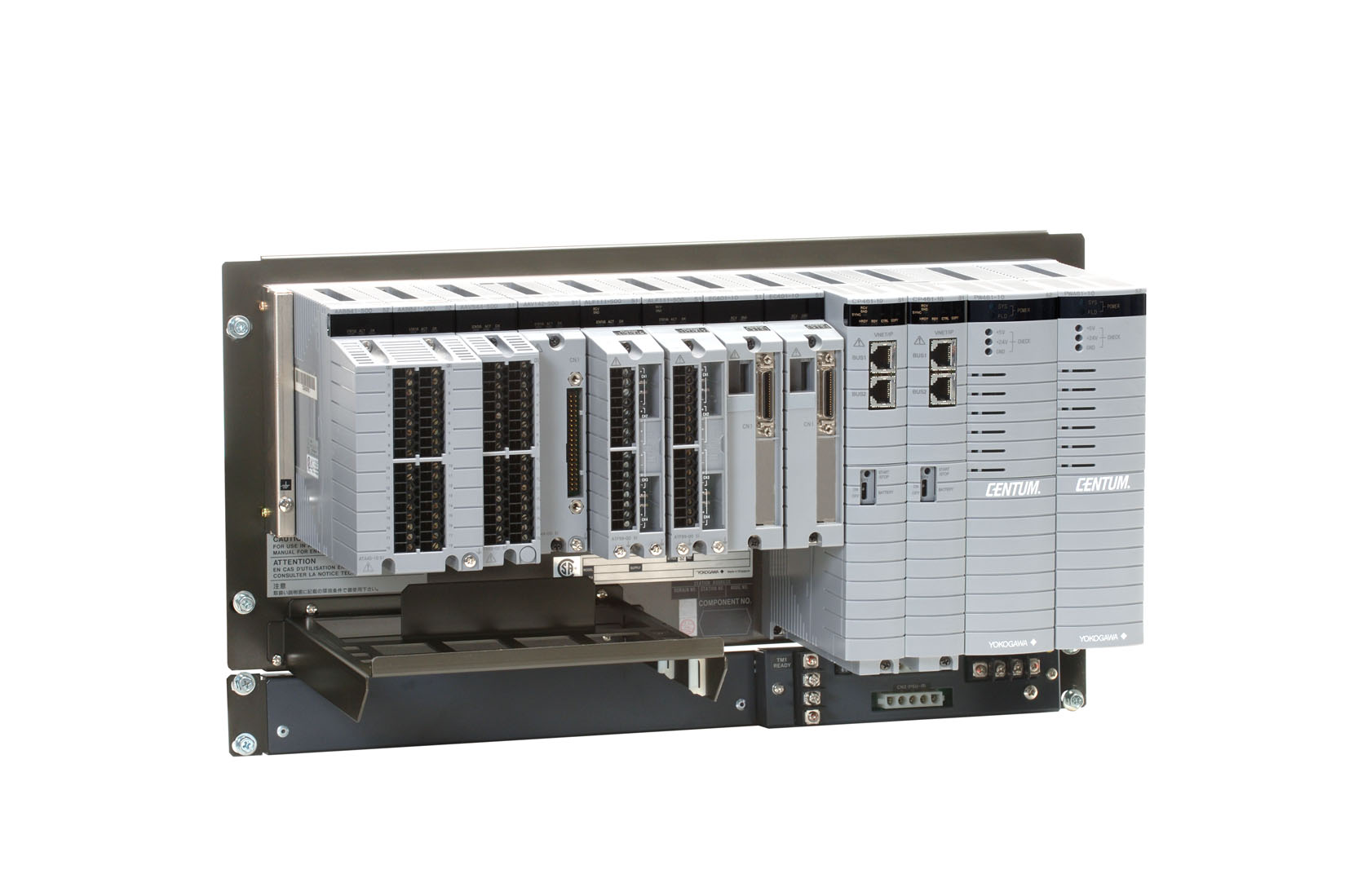
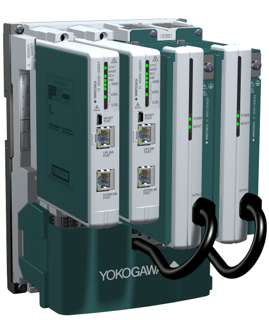
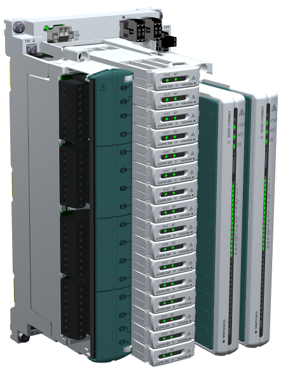
Production—Driving Efficiency and Optimizing Resource Utilization
Many of Yokogawa’s products are designed by our product development departments and manufactured at our own factories. This structure, the 'origin of our monozukuri,' ensures high reliability and quality, and is one of Yokogawa’s strengths.
Products are generally made to order, which eliminates waste from unsold finished goods. However, to ensure that customer orders are met, we tend to maintain larger inventories of parts. To address this challenge, Yokogawa is leveraging digital transformation (DX) to reduce inventory, introducing AI-driven demand forecasting, and further optimizing inventory to minimize waste of resources.
At Yokogawa, shipment is not seen as the endpoint but rather as the 'starting point of the customer’s product lifecycle.' From parts and material procurement, production, shipment, use, and recycling, we view factories not only as production sites but as hubs that connect upstream (such as design departments and suppliers) with downstream (customers). By taking a total optimization approach, we are enhancing operational efficiency while maximizing resource utilization.
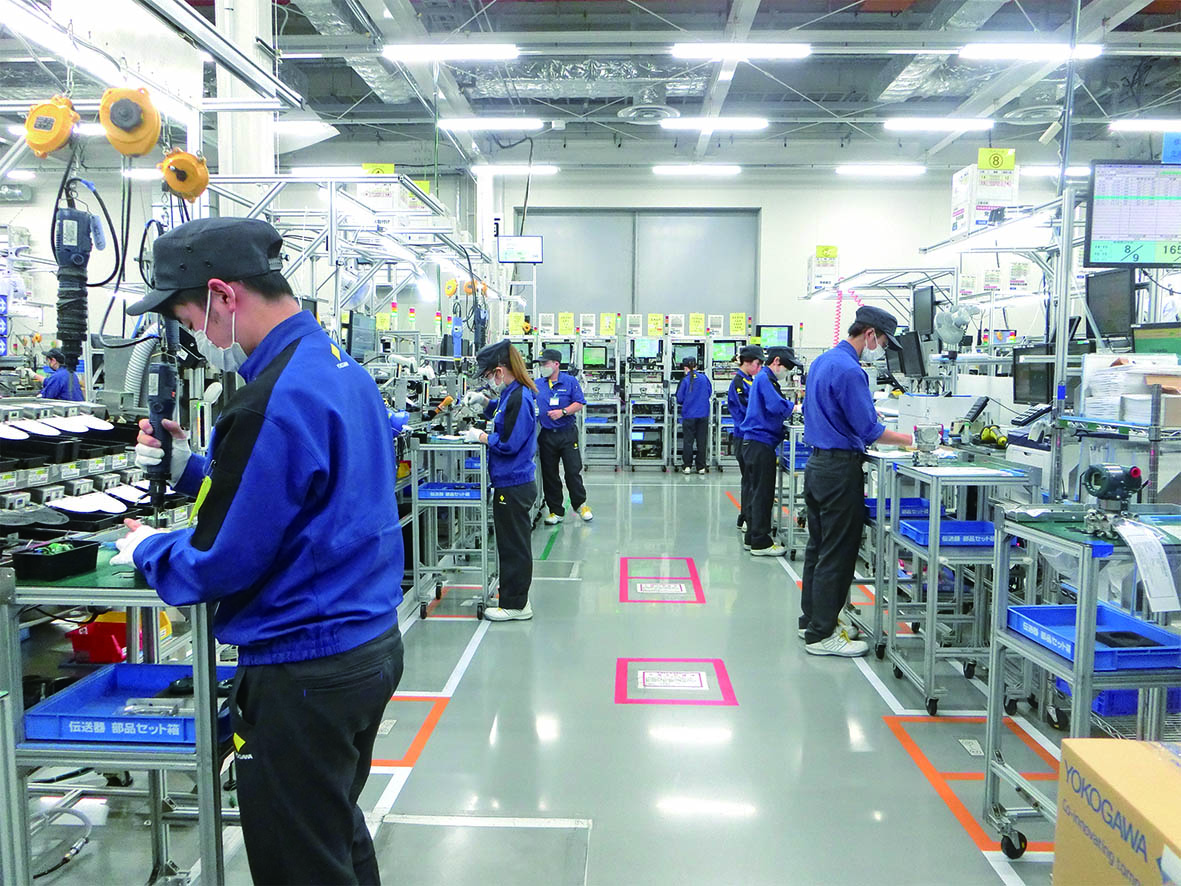
Other Initiatives
- Specific policy for product realization based on Trusted Green
Yokogawa’s Basic Policy on Product Realization
- Eco-conscious product design efforts that began in the late 1990s (content below reflects the year 2000)
Handling of Eco-Product Design
- Disclosure of Life Cycle Assessment (LCA)
List of LCA-Labeled Products
- Compliance with environmental regulations related to products
Service maintenance for EU RoHS products
- Reducing environmental impact through optimized packaging
Contribution to Environment Protection through Development of Cardboard Cabinet
